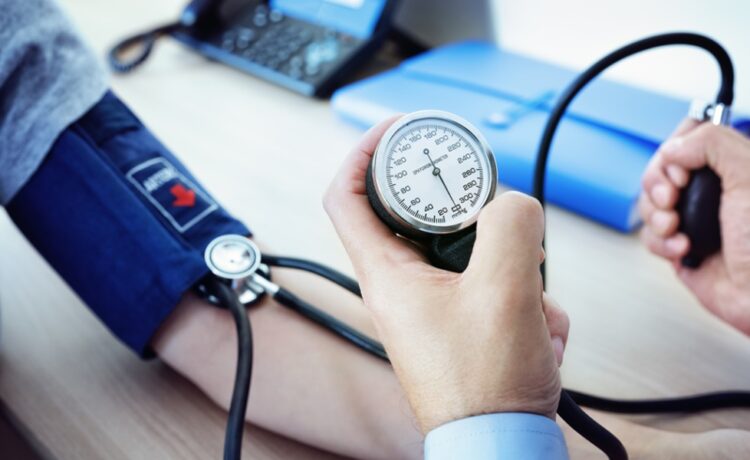Blood pressure, the force of blood against the walls of your arteries as it is pumped around your body by your heart, is a key indicator of your cardiovascular health. Low blood pressure, also known as hypotension, can manifest differently from person to person. In some individuals, it may not cause any noticeable symptoms. In others, however, it can lead to noticeable symptoms, one of which can be fatigue or tiredness.
Understanding Low Blood Pressure
Blood pressure is measured in millimeters of mercury (mm Hg) and is presented as two figures: systolic pressure over diastolic pressure. The systolic pressure represents the force at which your heart pumps blood around your body, and the diastolic pressure represents the resistance to the blood flow in the blood vessels. Normal blood pressure is typically considered to be around 120/80 mm Hg.
Low blood pressure is generally considered to be 90/60 mm Hg or lower. However, what’s considered low or normal can vary from person to person. Some individuals naturally have low blood pressure all the time, and it doesn’t cause any problems.
Low Blood Pressure and Tiredness
Fatigue or tiredness can indeed be a symptom of low blood pressure. When the blood pressure is too low, the blood may not deliver enough oxygen and nutrients to your organs and tissues. This can lead to feelings of weakness, tiredness, and even dizziness.
In addition to fatigue, other symptoms of low blood pressure can include:
- Dizziness or lightheadedness
- Fainting (syncope)
- Blurred vision
- Nausea
- Lack of concentration
- Rapid, shallow breathing
- Cold, clammy, pale skin
These symptoms can become more severe or even life-threatening if blood pressure drops suddenly or if low blood pressure is persistent. In such cases, it could lead to inadequate blood flow to the heart, brain, and other vital organs.
Causes of Low Blood Pressure
Low blood pressure can have several causes, ranging from dehydration and certain medications to more serious medical conditions like heart problems, endocrine disorders, or neurological conditions. Even the time of day can influence blood pressure – it tends to be lower overnight while you’re sleeping, and starts to rise a few hours before you wake up.
What To Do If You’re Feeling Tired Due To Low Blood Pressure
If you suspect your fatigue may be due to low blood pressure, it’s important to consult with a healthcare provider. They can check your blood pressure readings, review your symptoms, and discuss your medical history. In some cases, lifestyle modifications such as increasing fluid and salt intake, or adjusting medication dosages may help. If a more serious underlying condition is causing low blood pressure, treating that condition will be the focus.
In conclusion, while low blood pressure can cause tiredness or fatigue, it’s important to remember that these symptoms can be indicative of various other health conditions as well. Always seek medical advice if you’re experiencing unexplained, persistent, or severe fatigue.













